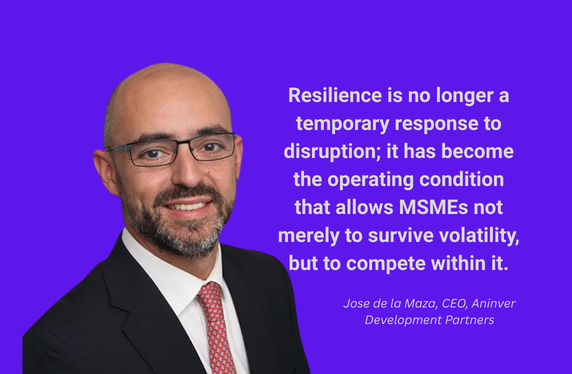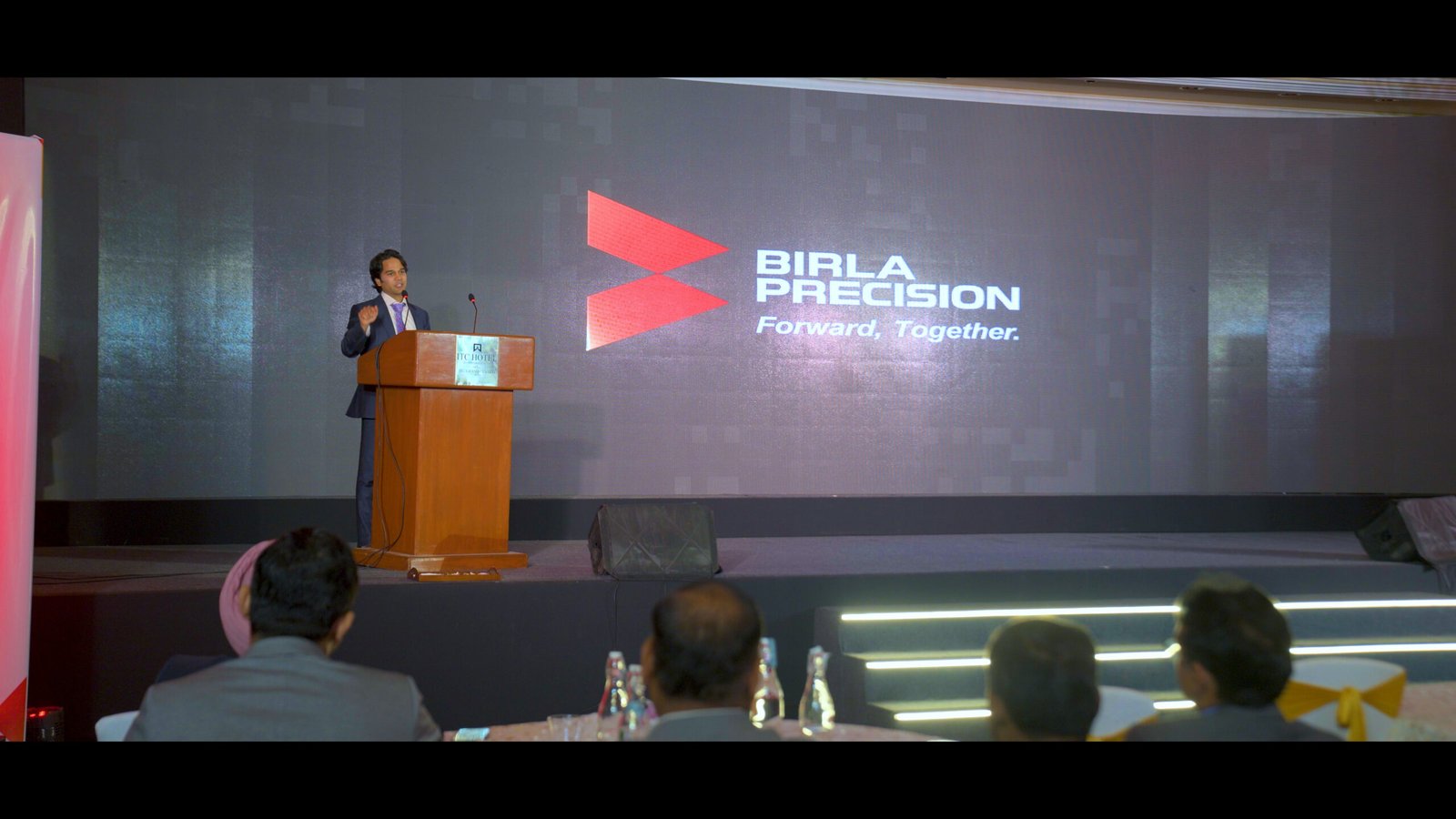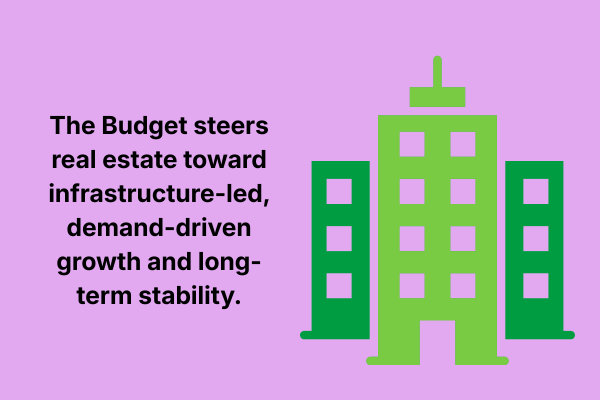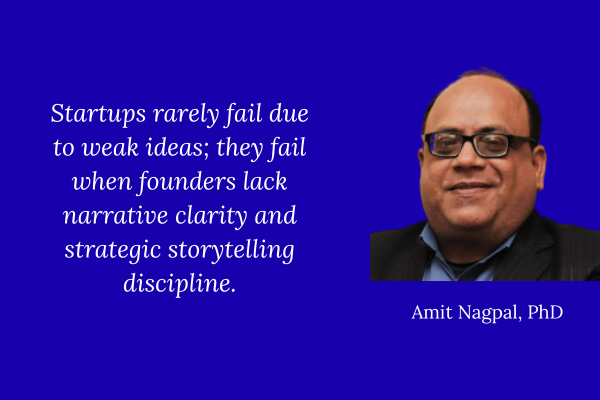Global Waste Management Outlook 2024
United Nations Environment Programme
Publication Year: 2024
ISBN: 978-92-807-4129-2

The Global Waste Management Outlook 2024 (GWMO 2024) presents a comprehensive assessment of the global waste crisis and offers potential solutions. The report provides a stark warning about the escalating environmental, health, and economic impacts of unchecked waste generation.
Key Findings
- Rapid Growth in Waste Generation: The report forecasts a near-doubling of global municipal solid waste (MSW) generation by 2050, from 2.1 billion tonnes in 2023 to 3.8 billion tonnes.
- Significant Economic Costs: The direct cost of waste management is estimated at USD 252 billion annually, but when hidden costs are considered, the total figure surpasses USD 360 billion. This cost is projected to rise to USD 640.3 billion by 2050 without immediate action.
- Environmental and Health Impacts: Uncontrolled waste contributes to pollution, climate change, and public health issues.
- Urgent Need for Action: The report emphasizes the urgency of addressing the waste crisis through coordinated efforts from governments, businesses, and individuals.
Recommendations
- Transition to a Circular Economy: The GWMO 2024 advocates for a shift towards a circular economy, where waste is minimized and materials are reused and recycled.
- Follow the Waste Hierarchy: The report recommends prioritizing waste prevention, recycling, and composting to maximize the value of materials.
- Invest in Waste Management Infrastructure: Adequate waste management infrastructure, including collection, treatment, and disposal facilities, is essential for effective waste management.
- Encourage Sustainable Consumption: Promoting sustainable consumption patterns can help reduce waste generation at the source.
- Strengthen International Cooperation: International collaboration is crucial for addressing the global waste crisis, particularly in developing countries with limited resources.
The Global Waste Management Outlook 2024 serves as a wake-up call for the international community. The report’s findings highlight the urgent need for action to prevent a looming waste crisis with devastating consequences. By transitioning to a circular economy and adopting sustainable practices, the world can mitigate the environmental, health, and economic impacts of waste and build a more sustainable future.
Industrial Development Report 2024: Turning Challenges into Sustainable Solutions – The New Era of Industrial Policy
The Industrial Development Report 2024 (IDR24) by UNIDO presents a strategic framework for addressing today’s global challenges—climate change, resource scarcity, and widening inequalities—through sustainable industrialization. The report highlights how modern industrial policies can turn these challenges into opportunities, driven by innovation, green technologies, and inclusive economic growth.

IDR24 emphasizes the crucial role of the industrial sector in fostering economic development while promoting environmental sustainability. It calls for a new era of industrial policy that aligns with global megatrends like the energy transition, the Fourth Industrial Revolution (4IR), and demographic shifts. These policies should be regionally tailored, collaborative, and focused on critical industries that support the achievement of the Sustainable Development Goals (SDGs).
The report reveals that while progress has been slow—particularly in developing nations—there are significant opportunities for accelerating industrial development by leveraging green technologies and fostering innovation. With targeted investments and global cooperation, sustainable solutions can be implemented to address the world’s most pressing issues.
Ultimately, the IDR24 encourages a forward-thinking approach to industrial policy that supports economic growth, creates jobs, and champions environmental stewardship.
Potential of Trade Opportunities between Bangladesh and North-Eastern Region (NER) of India, and Benefits for Bhutan and Nepal
Rajan Sudesh Ratna and Udit Rana

This report examines the existing trade patterns between the Sylhet and Brahmanbaria divisions of Bangladesh and the states of Meghalaya, Mizoram, and Tripura in the North-East Region (NER) of India. The paper evaluates trade potential across various products, analyzes non-tariff measures applied to these products, and explores the possibility of leveraging NER India routes for trade between Bangladesh and neighboring countries, Bhutan and Nepal.
Complete report available at https://www.unescap.org/kp/2024/potential-trade-opportunities-between-bangladesh-and-north-eastern-region-ner-india-and

Additionally, the paper examines Bangladesh’s trade with Bhutan and Nepal to determine if some products can be routed via NER India to Bangladesh and beyond the region. Finally, the study recommends several practical solutions to the challenges faced by local traders at the border. Many of the identified recommendations are relatively easily implementable, given the high level of political commitment in Bangladesh and India. This the paper underscores significant opportunities for trade cooperation in the region and highlights the potential benefits for all involved parties.
Enhancing Responsible Business Practices in Thailand’s Automotive Sector
The International Labour Organization (ILO) has released a report titled “Decent Work and Responsible Business Practices in Thailand’s Automotive Manufacturing Sector” as part of its Resilient, Inclusive, and Sustainable Supply Chains (RISSC) project in Thailand. This report sheds light on the current state of responsible business practices within Thailand’s automotive industry and offers recommendations for improvement.

Key Findings:
- Despite its significant contribution to Thailand’s economy, the automotive sector faces challenges in ensuring decent work and responsible business practices.
- While certain areas such as wages and social protection coverage are robust, there are gaps in social dialogue, training, and equal opportunity.
- Disparities exist in work conditions and wages between Thai workers and migrant or agency-hired workers.
- Access to formal work-related training is prevalent, but there are discrepancies in access to certified courses.
- Social security enrollment is high, but awareness of compensation programs needs improvement, especially regarding maternity benefits.
- Union representation in the sector is limited, yet unionized workplaces demonstrate better social dialogue and negotiation channels.
Recommendations:
- Ratification of key ILO Conventions to strengthen worker rights and protections.
- Improvement of social dialogue mechanisms to foster better communication between workers and management.
- Expansion of quality employment opportunities to address disparities in work conditions and wages.
- Promotion of inclusive training programs to enhance skills development and career advancement.
- Awareness-raising initiatives regarding responsible business requirements, including compensation programs and worker rights.
The report concludes that collaborative efforts among stakeholders are essential to address the identified challenges and promote responsible business practices within Thailand’s automotive sector. By implementing the recommended changes, the industry can build a more resilient and competitive supply chain that ensures worker rights and contributes to sustainable economic growth
Source: ILO News
RAKBANK SME Confidence Index
RAKBank and RFI Global Unveil UAE SME Confidence Index

The inaugural SME Confidence Index report, a collaboration between RAKBank and RFI Global, provides a comprehensive analysis of the small and medium enterprise (SME) sector in the UAE. Drawing on data from a survey of over 1,000 SMEs conducted between November and December 2023, the report reveals a remarkable resurgence in confidence among UAE SMEs following the challenges of the Covid-19 pandemic. Key findings include strong growth across industries, particularly in construction, manufacturing, and public services, driven by increases in revenue and a positive outlook for the future business environment. Despite facing challenges such as rising costs and the impending introduction of corporate tax, SMEs exhibit optimism, with a desire for international expansion and innovation. The report emphasizes the crucial role of banking support in facilitating SME growth and underscores the importance of continued innovation and adaptation to support the thriving SME ecosystem in the UAE.
Tawdif Project: A Catalyst for Youth Employment in Algeria and Beyond

Caption: Young graduates attending training under the ILO’s ‘Tawdif’ project in Algiers, Algeria.Photo: © ILO Algeri Source UNSDG.ORG
The Tawdif (“recruitment”), initiated by the International Labour Organization (ILO) in Algeria, exemplifies a best practice approach to addressing the challenge of youth unemployment among university graduates in the Middle East and North Africa (MENA) region. With a focus on enhancing the employability of young graduates through improved job search tools, entrepreneurship training, and strengthening university-enterprise collaborations, the project represents a comprehensive strategy to facilitate the transition from higher education to the workforce.
In the bustling landscape of the Middle East and North Africa (MENA) region, youth unemployment has long been a pressing concern, particularly among university graduates. However, amidst this challenge, a beacon of hope shines bright in the form of the Tawdif project, spearheaded by the International Labour Organization (ILO) in Algeria. This initiative stands as a testament to the power of collaborative efforts in tackling the complex issue of graduate unemployment and fostering a pathway to prosperity for the region’s young talent.
Algeria, like many countries in MENA, has grappled with alarmingly high rates of youth unemployment. By September 2016, the unemployment rate among young graduates soared to 17.7%, with female graduates bearing an even heavier burden at 24.7%. The root of this challenge lies in the rapid expansion of the student population and a glaring mismatch between university education and the evolving demands of the job market.
The Tawdif Project’s Objectives:
The Tawdif project emerged as a beacon of hope, with a clear set of objectives aimed at empowering young graduates:
- Equipping Graduates: Providing essential job search competencies and entrepreneurial skills to enhance employability.
- Fostering Collaboration: Strengthening ties between universities and the business sector to bridge the gap between academia and industry.
- Enhancing Support: Building the capabilities of public institutions to better support graduate employment and address systemic challenges.
The project’s success lies in its multifaceted approach, which includes:
- Establishment of Career Centres and Entrepreneurship Houses: These serve as vital hubs connecting graduates with potential employers and offering resources for
- effective job search.
- Training and Workshops: Comprehensive programs to cultivate essential skills among graduates, preparing them for the competitive job market.
- University-Business Collaboration: Facilitating partnerships through Business-University Liaison Offices (BLEUs) to align educational outputs with market demands.
- Enhancement of Public Support Institutions: Strengthening institutions like the National Employment Agency (ANEM) to provide targeted support and enhance labor market information systems.
The Tawdif project has yielded tangible results:
- Improved Job Search Efficiency: Participants reported shorter unemployment periods and higher employment rates post-intervention.
- Entrepreneurial Initiatives: Equipped with entrepreneurial skills, graduates ventured into start-ups, contributing to job creation.
- University-Enterprise Partnerships: Operational BLEUs facilitated increased internships and practical training opportunities, narrowing the skills gap.
The Tawdif project serves as a shining example of how collaborative efforts can drive meaningful change in addressing youth unemployment in transitioning economies. By fostering partnerships between academia, government bodies, and the private sector, this initiative not only unlocks immediate employment opportunities but also paves the way for sustainable economic growth and development in the MENA region.
By expanding the reach of Career Centres, fostering continuous industry engagement, and enacting supportive policies, governments and stakeholders can ensure that the promise of the Tawdif project reaches every corner of the region, empowering a new generation of leaders and innovators.
Source: In Algeria, boosting youth’s social inclusion, entrepreneurship and global citizenship awareness







